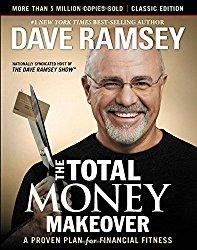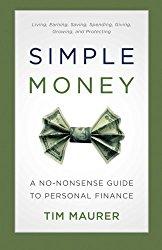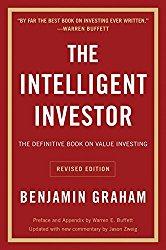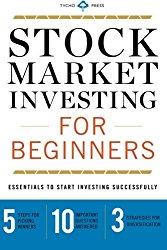Would you drive a used car until you were 55 if someone would pay you a million dollars to do so? Understand this doesn't mean driving a junker - just driving a four-year-old car until it was eight years old and then trading for another four-year-old car. If you would take this deal - and I think that most people would - why would you go on buying new cars anyway?
The fact is, if you can save up and buy used cars for cash every four years, rather than taking on a new payment schedule and dropping deeper underwater with each new car loan, you can invest the savings and have over $1 million by the time you are 55 just from the savings on the car loans. Even more insane, that $1 million will turn into $2 million by the time you are 62, $4 million by the time you are 69, and a cool $8 million by the time you are 76 (which will probably be the new retirement age, given current life expectancies).
How could this be so? Two reasons: depreciation and interest.
Basically, any car will drop in value by 50% in four years. This means that a new car which cost $30,000 will be worth about $15,000 in four years. This means that the car will lose an average of $3750 per year during each of the first four years. This, by the way, is if you sell it to another individual. If you trade it in, you'll be lucky if the dealer will give you $10,000 (because he wants to make a profit from the sale of your used car to someone else).







The same depreciation rate is true when you buy a used car - it will still lose about 50% of its value over four years - but because the price of the car is less, the depreciation loss per year will be less. Let's say you pick up that car someone else bought new for $30,000 after four years when it was worth $15,000. Even if it drops in value to $7500 over the next four years, you'll still only be losing $1,875 per year. This means that you will save $1,875 per year, which you can invest.
The second reason that what seems like a small amount of savings can turn into a large amount of money in 35 years is compound interest. Specifically, while you are paying interest when buying a car on payments, you are being paid interest when you are able to save money that would have been going to a car payment and invest. If you were going to be paying 8% interest on a car loan, but instead pay cash for the car and invest the rest, you will be getting an effective interest rate of 20% on your money, assuming a 12% return on stocks. This means that instead of working extra hours to pay the interest on your car loan, you will be making money for simply letting others use your money to build their businesses.
So before you fall into the trap of endless car payments, think about what that car payment is really costing you - millions of dollars over your lifetime. Is that new car smell and 32,000-mile warranty really worth that?
Your investing questions are wanted. Please send to [email protected] or leave in a comment.
Follow me on Twitter to get news about new articles and find out what I'm investing in. @SmallIvy_SI


Disclaimer: This blog is not meant to give financial planning or tax advice. It gives general information on investment strategy, picking stocks, and generally managing money to build wealth. It is not a solicitation to buy or sell stocks or any security. Financial planning advice should be sought from a certified financial planner, which the author is not. Tax advice should be sought from a CPA. All investments involve risk and the reader as urged to consider risks carefully and seek the advice of experts if needed before investing.
